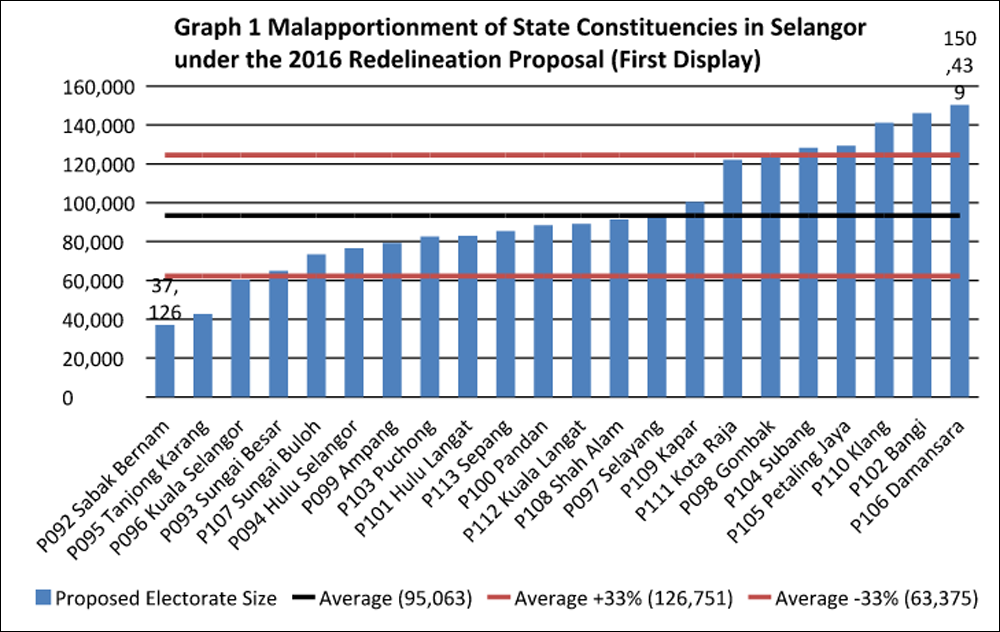COMMENT | Election commissions (ECs) play a critical role in any democracy. They have a constitutional responsibility to ensure that the will of the people is properly expressed through the ballot box by guaranteeing free and fair elections.
Since they serve as the referee, the final arbitrator, in the electoral contest between competing political parties, their independence, integrity and impartiality is of the utmost importance.
A principled EC empowers the democratic process; a less than honest one makes a mockery of it.
To this end, ECs in democracies go out of their way to facilitate voting. Registration processes and voting procedures have been simplified and voting hours extended so that every citizen will have the opportunity to vote as conveniently and efficiently as possible.
New technologies and security protocols have also been harnessed to facilitate electronic registration and voting. In Estonia, one can even vote via mobile phone from anywhere in the world.
What this says is that the political process in these countries respects and honours the right of their citizens to freely and fairly elect their leaders. And beyond that, it allows citizens to fully hold their elected representative accountable through the ballot box.
In Malaysia, on the other hand, there is, rightly or wrongly, a widespread perception that the EC is just another government agency structured to ensure that those in power stay in power regardless of the will of the people, part of an elaborate deception designed to maintain the fiction of free and fair elections while ensuring the ruling party continues to prevail.
Whether it is about Sabahans and Sarawakians living in Peninsular Malaysia, Malaysian citizens living abroad or voter registration, the EC is often more a hindrance than a help. Indeed, one has to wonder whether they are even capable of acting competently and professionally.
Last year, for example, I went to one of those special registration counters that the EC had set up in a shopping mall to update my registration from an absentee voter to a resident voter. Apparently, my application form never made it to wherever it was supposed to go to, causing me to go through the whole process again.
If elections are called anytime soon, I would be effectively disenfranchised because of the incompetence of the EC.
How difficult is it to update voter information? Are all those voter registration exercises just for show? How many other voters are experiencing such frustrations and have to put up with similar inconvenience and hassle just so they can vote?
Rigged and biased
Then, of course, there is the well-documented penchant for gerrymandering in which anticipated political allegiances and ethnicities are manipulated to give the ruling party the edge.
Largely non-Malay, opposition-held constituencies appear to keep growing larger and larger while government-held constituencies remain conveniently small. According to reports, there are proposals to create 13 “super constituencies” with over 100,000 voters each, mostly in opposition-held areas.
In the opposition-held Damansara parliamentary constituency, gerrymandering reached new heights with a proposed mega-constituency of over 150,000 voters. A single voter in Putrajaya, which has no more than 18,000 voters, would now carry the same weight as eight voters in Damansara.

What this means is that many Malaysians, particularly opposition supporters and minorities, are being progressively disenfranchised with their votes counting for less and less with each re-delineation exercise.
Unsurprisingly, given this kind of malapportionment, Umno-BN was able to retain a majority of parliamentary seats even though it lost the popular vote in the last elections.
One has to wonder whether free and fair elections are even possible under such a patently biased and rigged electoral system.
Clearly, many Malaysians have lost confidence in the EC and will have no hesitation in endorsing the Bersih 2.0 chairperson’s recent call for the elections commissioner to be sacked because he has failed to deliver clean and fair elections.
If Malaysia is to survive as a democracy, an independent EC is clearly necessary. Indeed, the establishment of an independent EC should be one of the pledges that every politician who seeks our vote in the upcoming elections should commit to.
In the meantime, Malaysian citizens will have to display far greater tenacity and determination than they have thus far when it comes to voting. We might have to put up with bureaucratic hassles and inconvenience and we might have to live with the reality that our votes will count for less and less but we must not be deterred or discouraged.
Out vote is still the most powerful tool we have to bring about peaceful change and national renewal; it must be effectively and thoughtfully utilised.
Every Malaysian should, therefore, consider it his or her sacred and patriotic duty to register and vote no matter what. As well, they should take nothing for granted: check and keep checking to ensure that no one deprives them of their right to vote.
This is the most important thing we can do for our nation at this time.
DENNIS IGNATIUS, a former Malaysian ambassador, firmly believes that we should put our trust not in the leadership of politicians but in the sanctity of great institutions - our secular and democratic constitution, a democratically-elected Parliament, an independent judiciary, a free press and a government fully accountable to the people. He blogs here.
The views expressed here are those of the author/contributor and do not necessarily represent the views of Malaysiakini.

